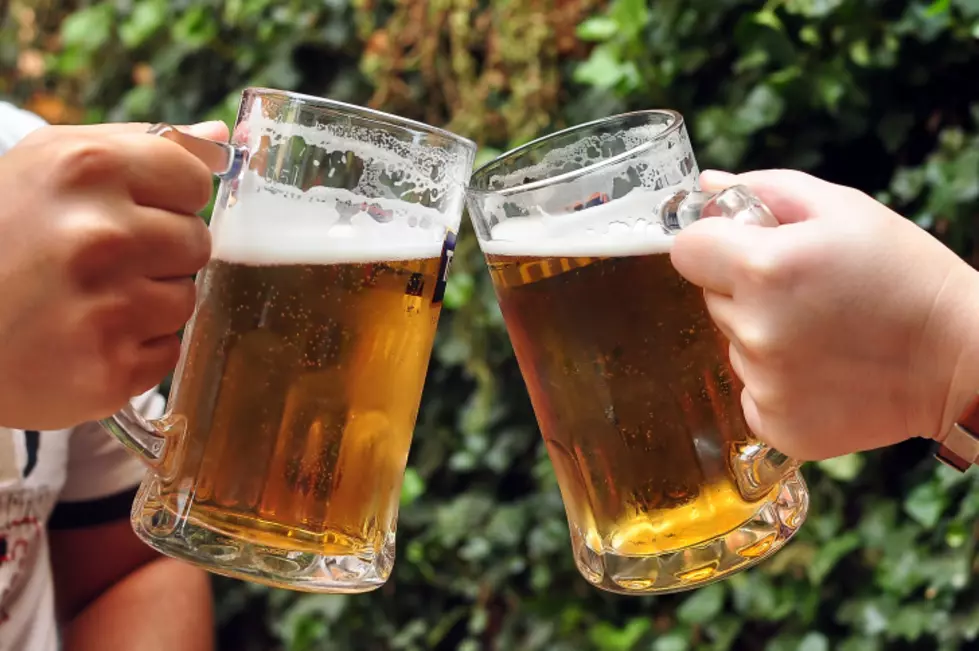
Proposed NJ law: Collect DNA from every child porn defendant
The blood or saliva of someone arrested on a child pornography offense could help law enforcement catch future offenders and provide closure to future victims.
That's the mindset behind a proposed New Jersey law that's been cleared by both houses of the Legislature and has the support of the state's chief law enforcement officer.
Under current law, blood or another biological sample — such as a buccal swab — must be collected from every adult and juvenile arrested for serious crimes such as murder, manslaughter, sexual assault and kidnapping.
The same is not required for persons charged with the crime of endangering the welfare of a child by producing, distributing or possessing child pornography.
"This fills a gap," said Steve Finkel, director of legislative affairs for the state Office of the Attorney General. "This clarifies that all the child pornography offenses would also be covered."
Finkel said the proposed bill, which now waits for action by Gov. Phil Murphy, gets rid of any ambiguity in the current law, which does allow for DNA collection from those charged with "endangering the welfare of a child by engaging in sexual conduct which would impair or debauch the morals of a child."
DNA samples are also automatic in New Jersey for anyone convicted of a first, second, third or fourth degree crime, or those found not guilty of these crimes by reason of insanity.
"A person arrested for possessing, distributing or producing child pornography is a clear threat to children," said bill sponsor Assemblywoman Yvonne Lopez, D-Middlesex. "It only makes sense to add child pornography arrests to the list."
Proponents of pre-conviction DNA collection believe the practice is key for solving and preventing crimes; it can also exonerate the innocent. Those opposed to the practice say it offers too much information on an individual who's still considered innocent.
According to Finkel, if this bill were to become law and DNA was collected from a child-porn defendant who was later found not guilty, the defendant can request an expungement of the genetic information.
More from WOBM News:





